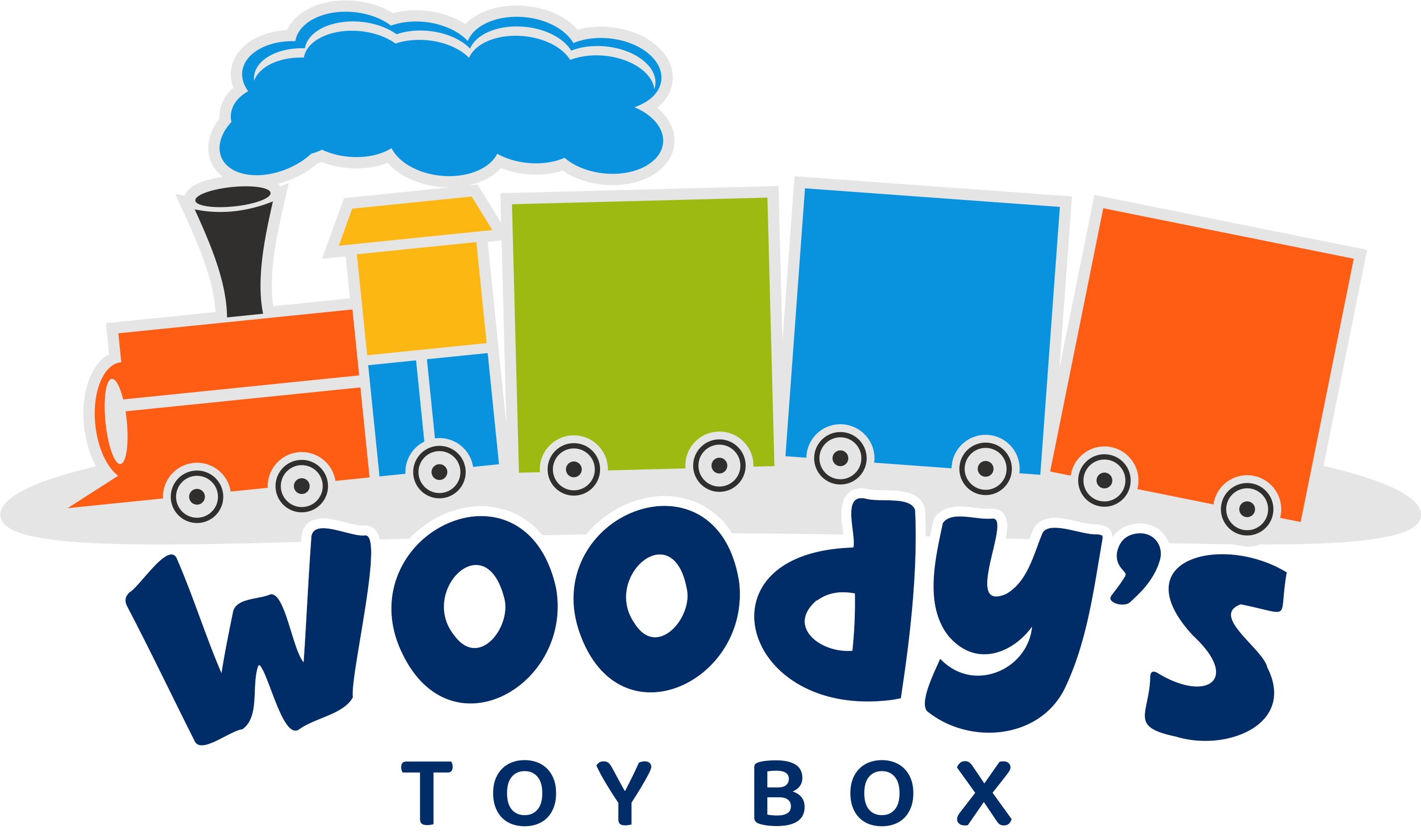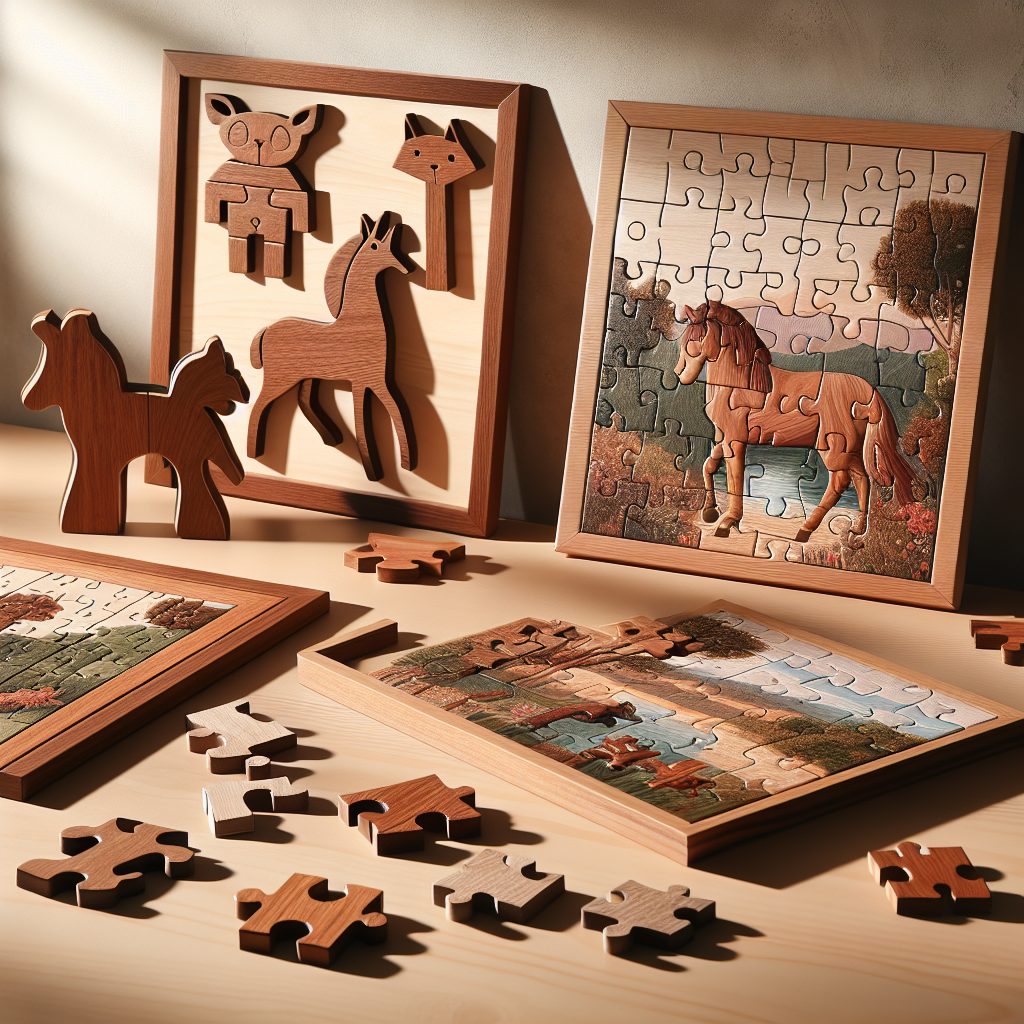Choosing age-appropriate wooden puzzles for kids is a crucial decision for parents and caregivers. Wooden puzzles not only serve as a source of entertainment but also offer numerous cognitive and developmental benefits for children. Research has shown that puzzles can enhance problem-solving skills, hand-eye coordination, fine motor skills, and spatial awareness in young minds. Moreover, the use of wooden puzzles encourages creativity and imagination, providing a platform for children to explore their interests and learn through play.
When selecting wooden puzzles for kids, it is important to consider their age and developmental stage. Different puzzles are designed to cater to the specific needs and abilities of children at various developmental milestones. For younger children, puzzles with larger pieces and simpler designs are recommended to foster basic problem-solving skills and dexterity. As children grow older, more complex puzzles with smaller pieces can be introduced to challenge their cognitive abilities. Additionally, choosing puzzles based on themes that interest children, such as animals, cars, or shapes, can further engage their attention and make the learning experience enjoyable.
In the next part of this article, we will explore the key takeaways when it comes to choosing age-appropriate wooden puzzles for kids. We will delve into the factors to consider while selecting puzzles, such as the level of difficulty, material quality, and safety features. Furthermore, we will discuss the benefits of incorporating puzzles into a child’s daily routine and how they can contribute to their overall cognitive development and learning abilities. By the end of this article, you will be equipped with the necessary knowledge to make informed decisions when it comes to selecting age-appropriate wooden puzzles for your little ones. So, let’s dive in!
Key Takeaways
1. Age-appropriate wooden puzzles promote cognitive development and problem-solving skills in children. Matching the complexity of the puzzle to the child’s age and abilities is crucial for their growth.
2. Consider the puzzle’s theme and design to engage children’s interests and encourage imaginative play. Puzzles featuring familiar objects or characters can enhance their motivation and concentration.
3. Physically durable and non-toxic materials are essential factors when choosing wooden puzzles for kids. Ensuring that the puzzle pieces are sturdy and safe for play guarantees longevity and minimizes potential harm.
4. Look for puzzles that offer varying levels of difficulty to challenge and stimulate children’s learning. Gradually increasing complexity helps foster resilience and persistence in solving problems.
5. Assess the puzzle’s educational value by considering its additional learning features, such as alphabet or number recognition, color identification, or shape sorting. Puzzles that provide extra educational benefits can support early childhood development while being enjoyable for kids.
What are the Factors to Consider When Choosing Age-Appropriate Wooden Puzzles for Kids?
1. Safety Features
When it comes to selecting wooden puzzles for kids, one of the foremost considerations is safety. Ensure that the puzzle pieces are large enough to prevent choking hazards. Additionally, opt for puzzles with non-toxic paints or stains, and free from sharp edges or splinters.
2. Complexity and Difficulty
The level of complexity and difficulty of a puzzle plays a vital role in determining its appropriateness for a child of a specific age. For younger children, opt for puzzles with fewer large pieces featuring simple shapes or characters. As the child grows older, gradually introduce puzzles with higher piece counts and more intricate designs to enhance their problem-solving abilities.
3. Theme and Interest
Choosing a puzzle that aligns with a child’s interests or hobbies can significantly enhance their engagement and enjoyment. Consider their favorite animals, characters, or hobbies when selecting a puzzle theme. This will foster a sense of excitement and motivation for them to complete the puzzle.
4. Durability and Quality
Investing in high-quality wooden puzzles ensures their longevity and durability, enabling multiple uses and allowing them to be passed down to younger siblings or future generations. Look for puzzles made from durable wood and sturdy construction to withstand frequent handling and play.
5. Educational Value
Wooden puzzles can offer educational benefits beyond entertainment. When selecting age-appropriate puzzles for kids, consider those that promote cognitive and motor skill development. Look for puzzles that encourage problem-solving, shape recognition, hand-eye coordination, and fine motor skills refinement.
6. Storage and Organization
Efficient storage and organization are essential factors to consider when choosing wooden puzzles for kids. Opt for puzzles that come with a storage container or box to keep all the pieces in one place, preventing loss or damage. This feature also promotes tidiness and teaches children the importance of keeping their toys organized.
7. Reviews and Recommendations
Reading reviews and seeking recommendations from other parents or caregivers can provide valuable insights into the quality, appropriateness, and overall satisfaction of certain wooden puzzles. Take the time to explore online reviews or ask for recommendations from trusted sources to ensure you make an informed decision.
Seven Tips for Choosing Age-Appropriate Wooden Puzzles for Kids:
- How can I ensure the wooden puzzle is safe for my child?
- What complexity level should I consider based on my child’s age?
- How can I choose a puzzle with a theme that interests my child?
- What should I look for in terms of the durability and quality of the wooden puzzle?
- What educational benefits can wooden puzzles offer?
- How important is storage and organization for wooden puzzles?
- Where can I find reliable reviews and recommendations for wooden puzzles?
Frequently Asked Questions
1. What are age-appropriate wooden puzzles?
Age-appropriate wooden puzzles are puzzles specifically designed for children of different age groups, taking into consideration their cognitive and motor skills. These puzzles are created to match the developmental milestones of each age, ensuring that the level of difficulty is appropriate and challenging.
2. How do I choose the right age-appropriate wooden puzzle for my child?
When selecting a wooden puzzle for your child, consider their age, interests, and skill level. Look for puzzles with fewer pieces and larger, chunkier shapes for younger children, while older kids can handle more complex puzzles with smaller pieces and intricate designs.
3. Are age-appropriate wooden puzzles educational?
Absolutely! Age-appropriate wooden puzzles serve as excellent educational tools for children. They promote problem-solving, hand-eye coordination, spatial awareness, and logical thinking. These puzzles also enhance fine motor skills and encourage patience and persistence.
4. Are wooden puzzles safe for young children?
Wooden puzzles are generally safe for young children. However, it’s vital to ensure that the puzzle pieces are non-toxic and free from any small parts that can be a choking hazard. Additionally, always supervise young children while they are playing with wooden puzzles to prevent any possible accidents.
5. Can wooden puzzles help with cognitive development?
Yes, wooden puzzles can significantly contribute to a child’s cognitive development. Solving puzzles strengthens a child’s ability to think critically, analyze information, and make decisions. It enhances their memory, problem-solving skills, and logical reasoning, making wooden puzzles an excellent choice for cognitive stimulation.
6. How can I maintain and clean wooden puzzles?
To maintain wooden puzzles, avoid exposing them to excessive moisture or direct sunlight, as it can damage the wood. Use a soft, slightly damp cloth to wipe the puzzle clean when necessary. Regularly check for any loose pieces or damage that may require repair or replacement.
7. Can wooden puzzles be shared among siblings of different ages?
Yes, wooden puzzles are versatile and can be shared among siblings of different ages, as long as the puzzle’s complexity matches the child’s developmental stage. However, it’s important to ensure that younger children are supervised during play to prevent them from putting small puzzle pieces in their mouths.
8. Are there any benefits of wooden puzzles compared to other types of puzzles?
Wooden puzzles offer several benefits over other types of puzzles. They are durable, long-lasting, and come in various shapes and sizes. Wooden puzzles also provide a tactile experience, allowing children to feel the texture and weight of the pieces. Additionally, wooden puzzles are eco-friendly and do not contain harmful chemicals.
9. Can wooden puzzles be personalized?
Yes, many wooden puzzle manufacturers offer customization options. You can have your child’s name or a special message engraved on the puzzle, making it a unique and cherished keepsake. Personalized wooden puzzles also make wonderful gifts for birthdays, holidays, or other special occasions.
10. Where can I purchase age-appropriate wooden puzzles?
You can find age-appropriate wooden puzzles at toy stores, educational supply stores, and online retailers. Many reputable websites offer a wide range of high-quality wooden puzzles suitable for children of all ages. Make sure to read reviews and check the retailer’s credibility before making a purchase.
Final Thoughts
Choosing age-appropriate wooden puzzles for kids is crucial for their development and enjoyment. These puzzles offer a myriad of benefits, including cognitive growth, motor skill refinement, and educational value. By selecting a puzzle that aligns with your child’s age and skill level, you can provide them with an engaging and rewarding playtime experience.
Remember to prioritize safety when it comes to wooden puzzles by ensuring they are made from non-toxic materials and free from choking hazards. Regular maintenance and supervision during play will further enhance the longevity of these puzzles. Embrace the versatility of wooden puzzles and watch your child’s problem-solving abilities flourish as they embark on delightful and stimulating puzzle-solving adventures!

